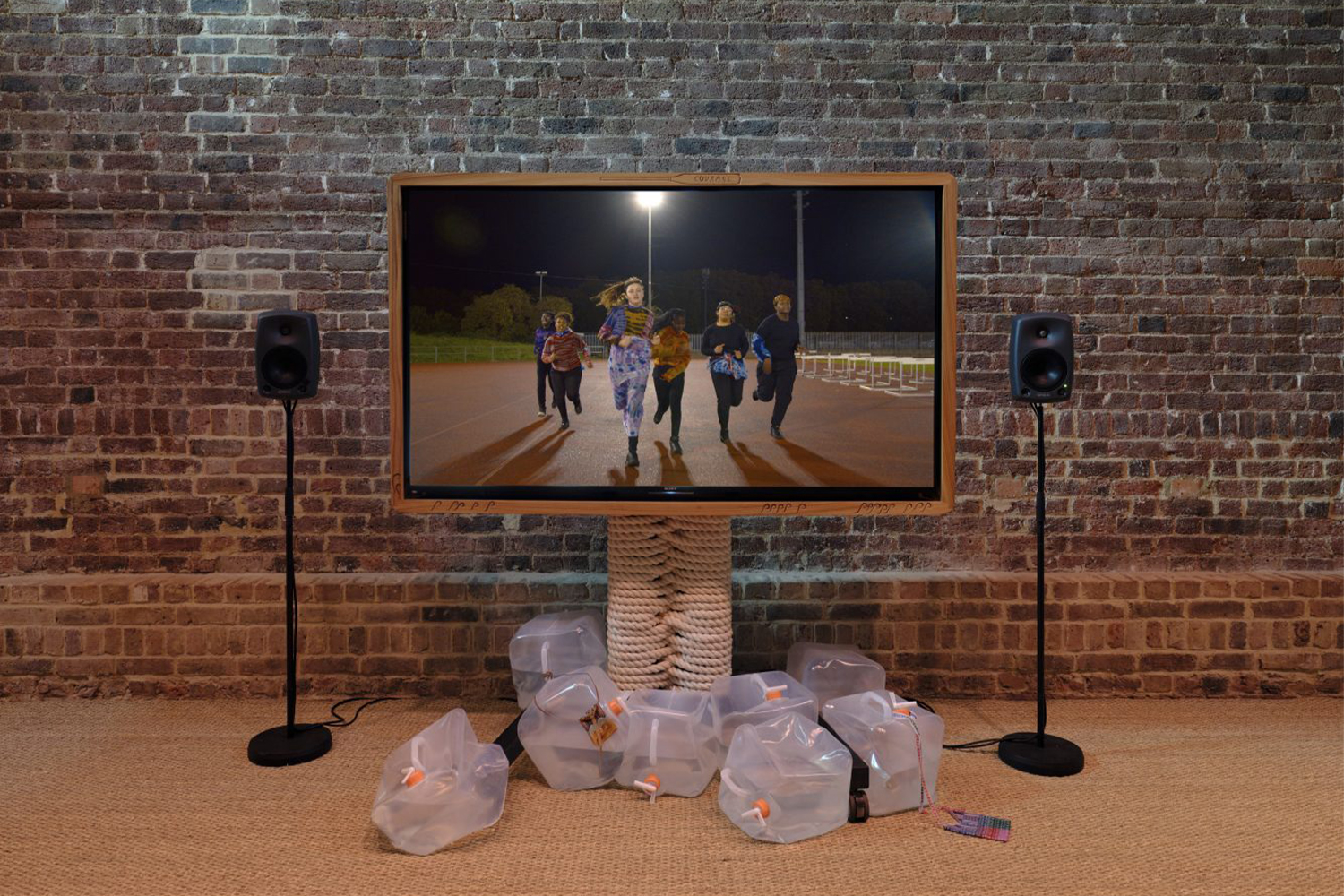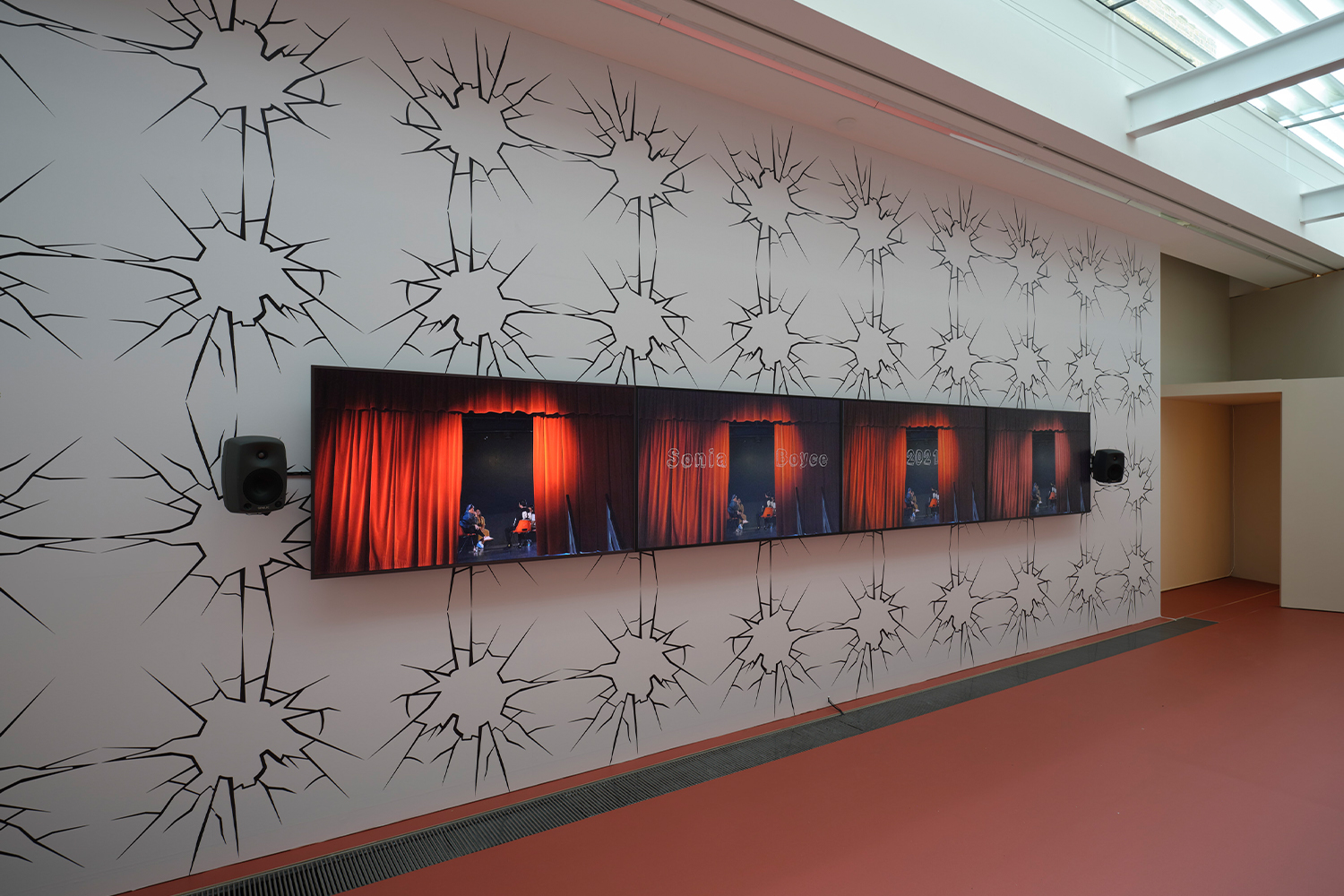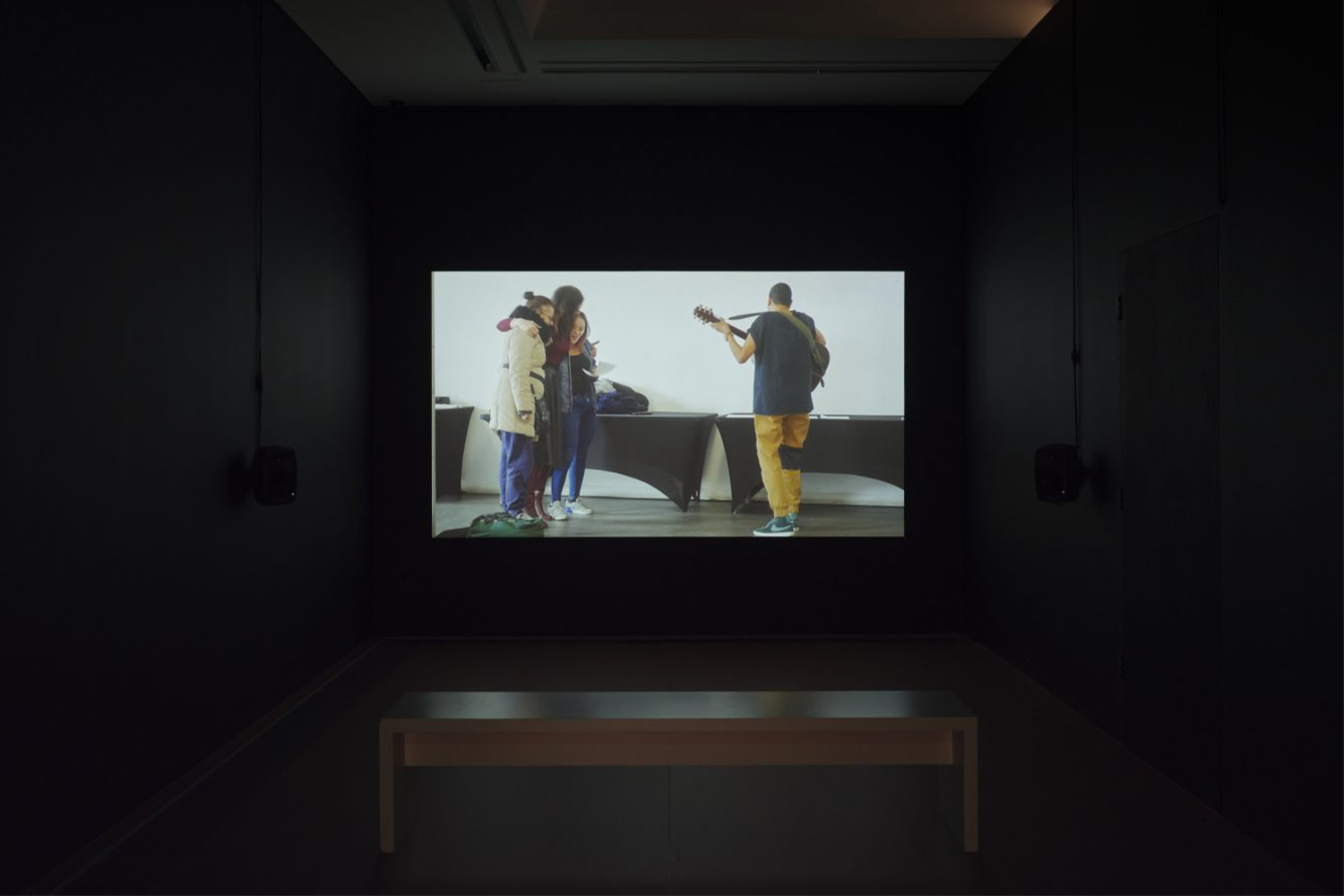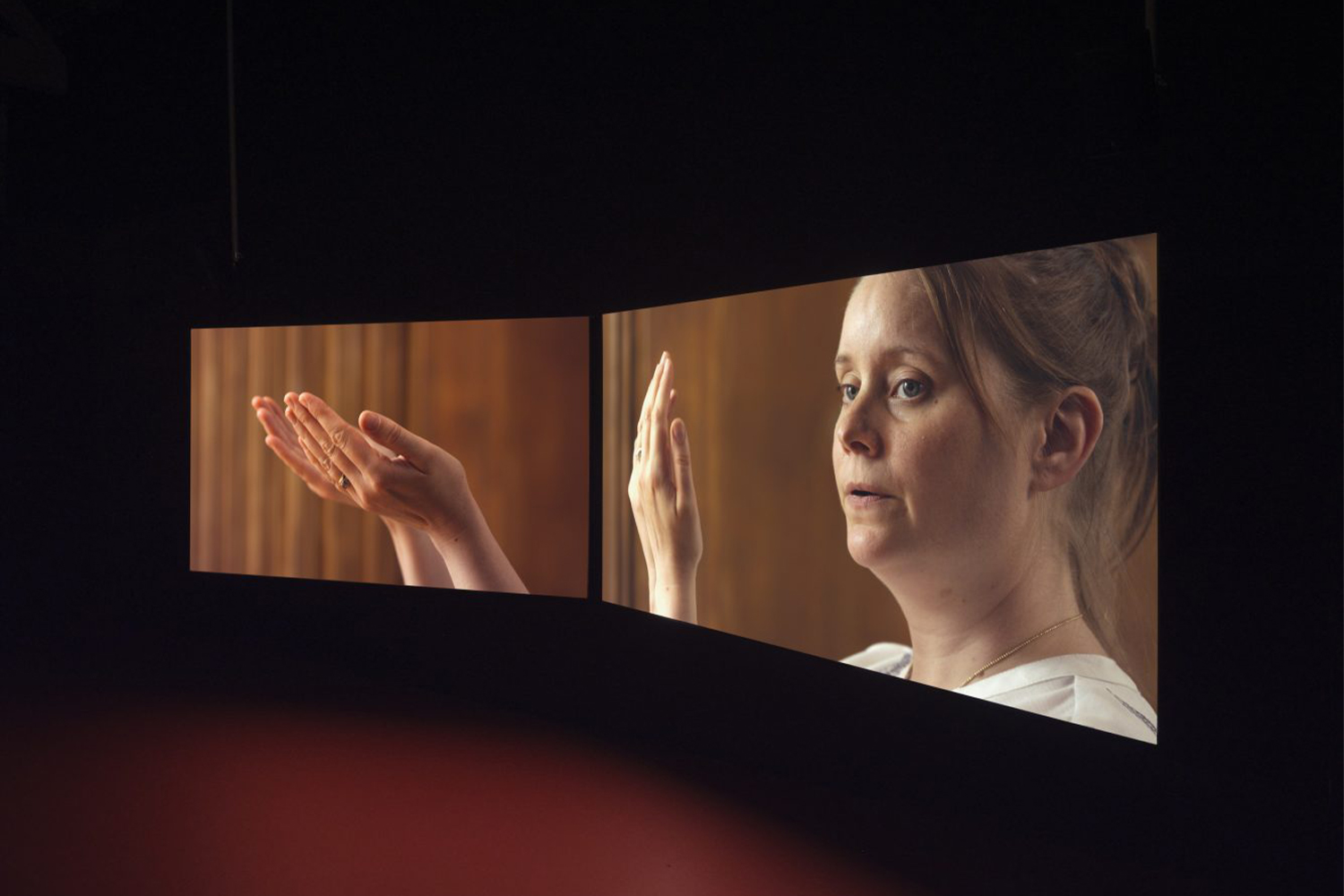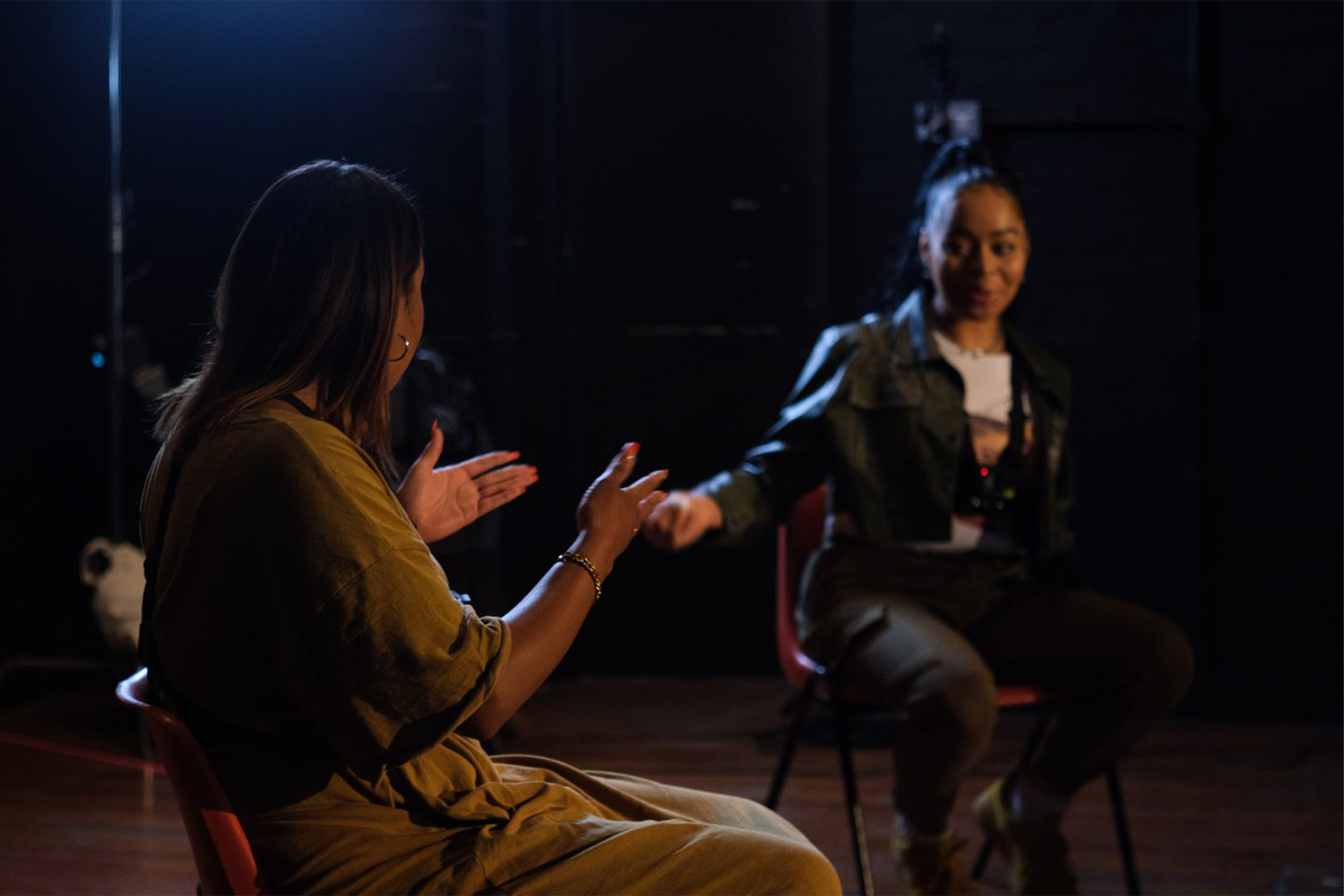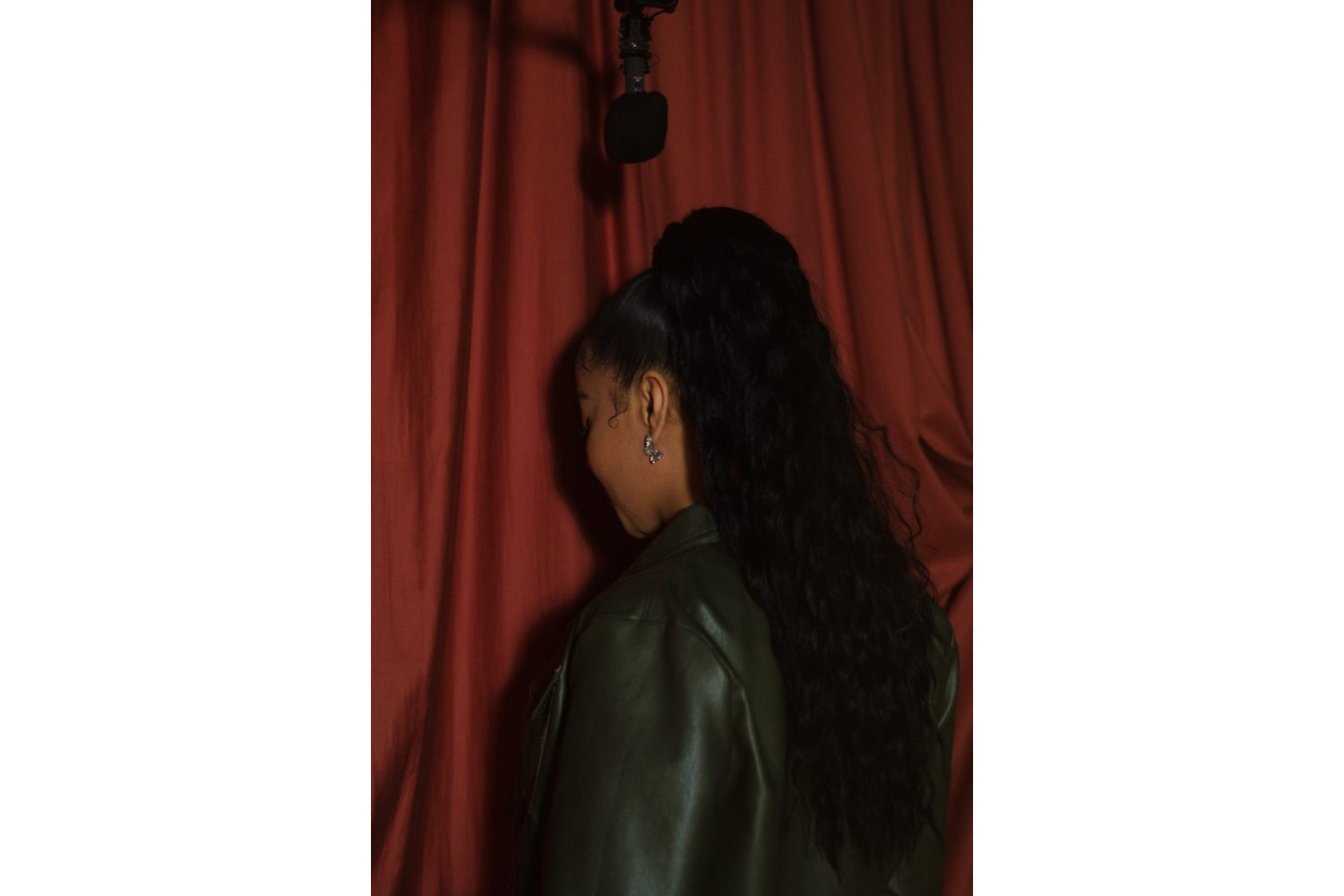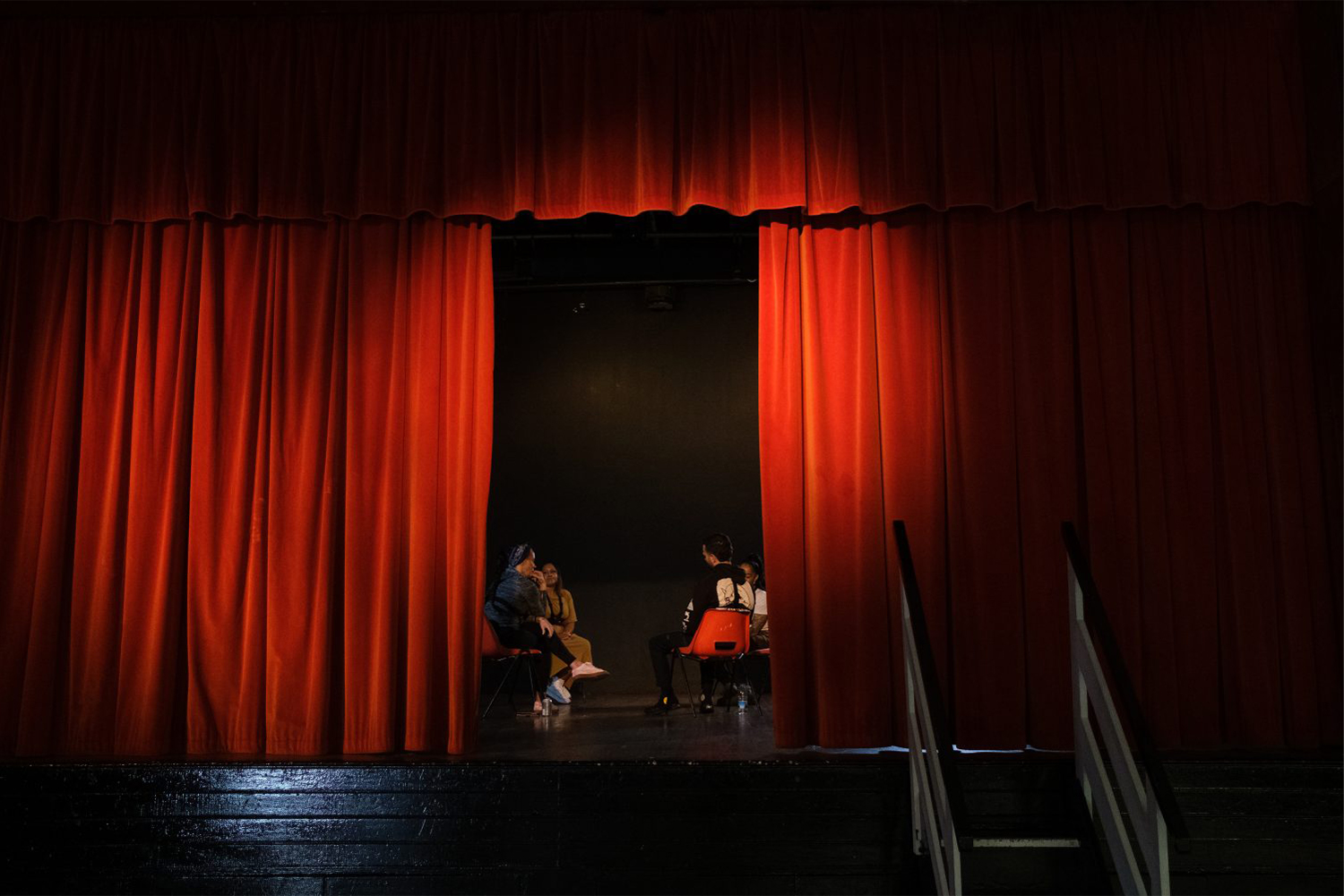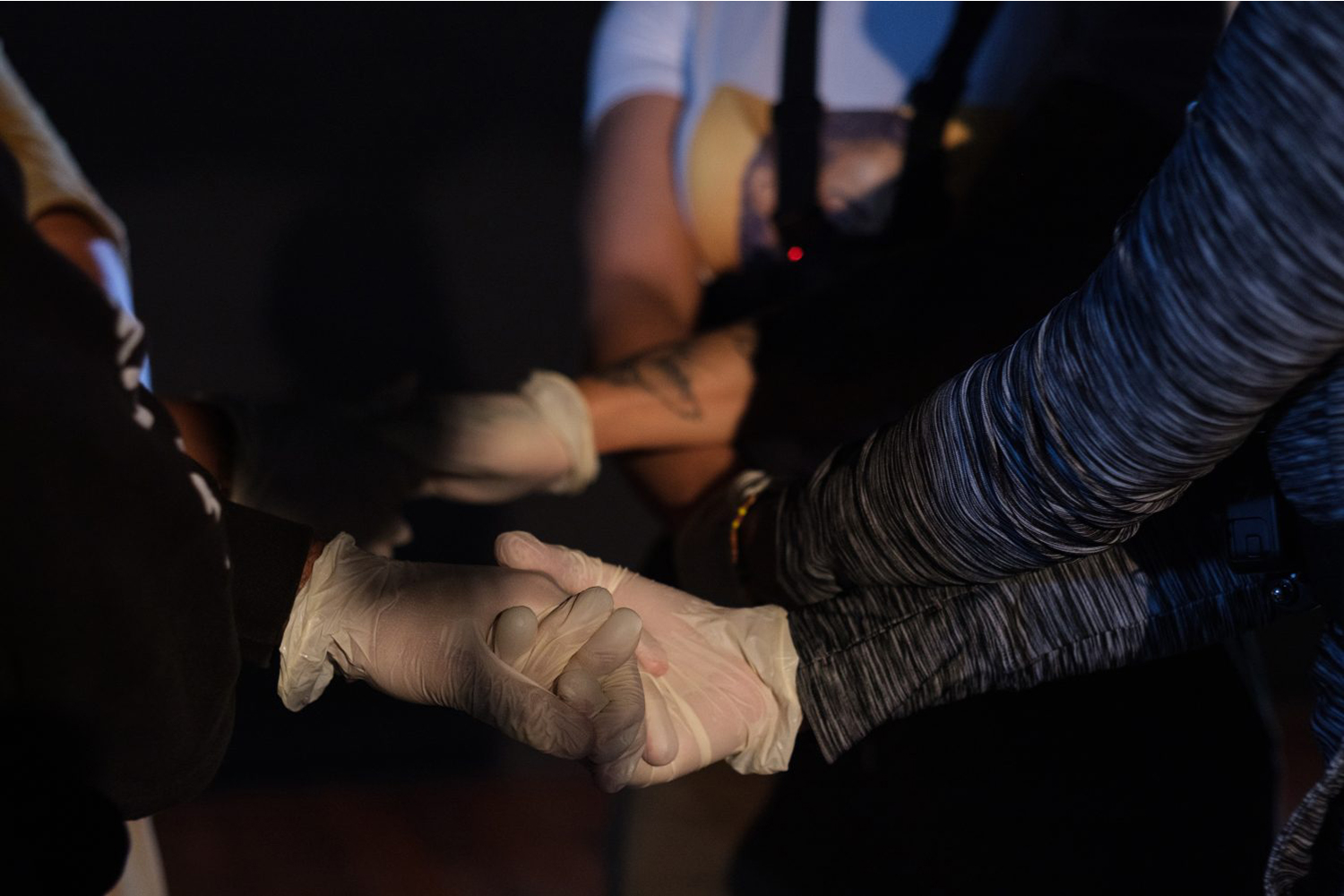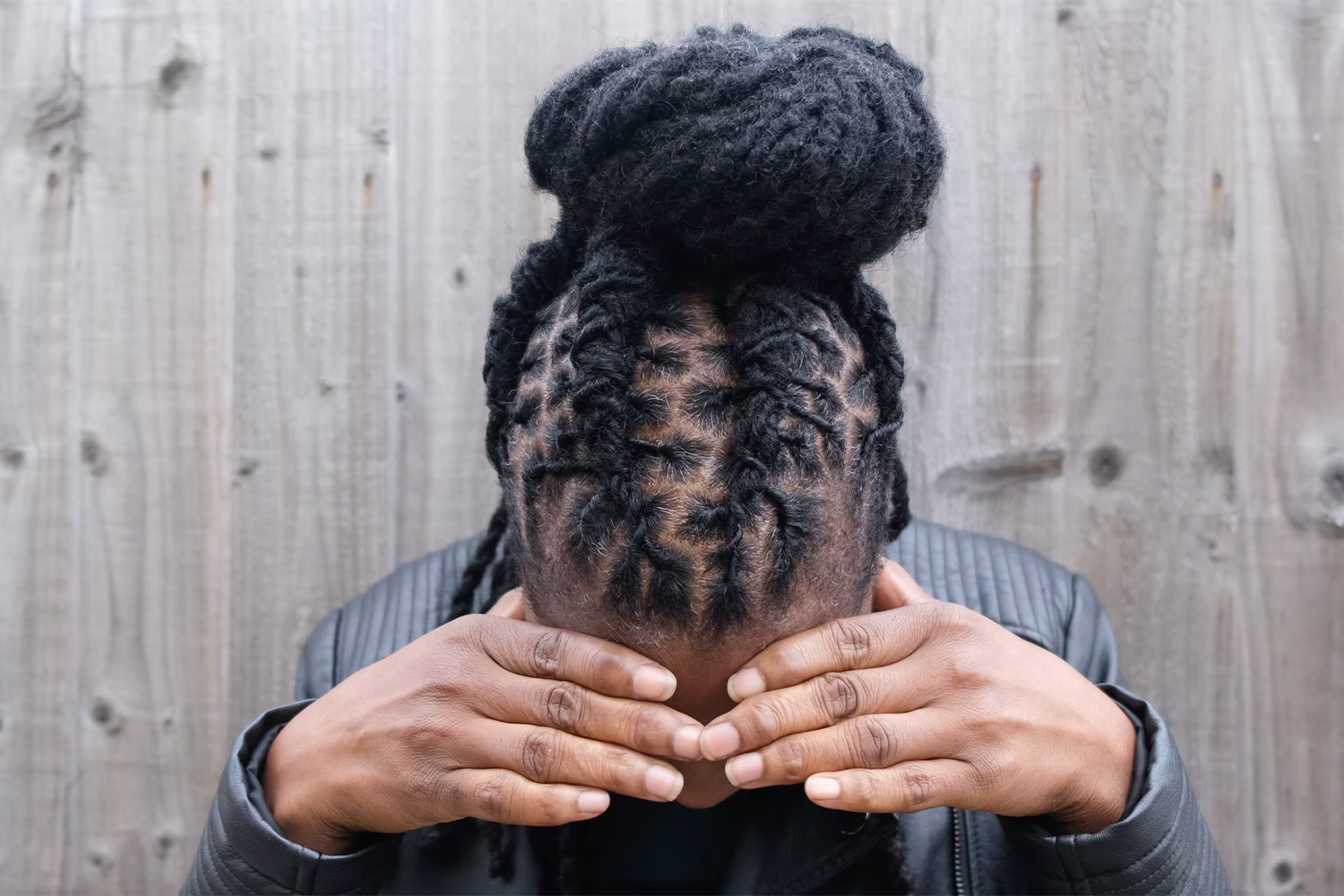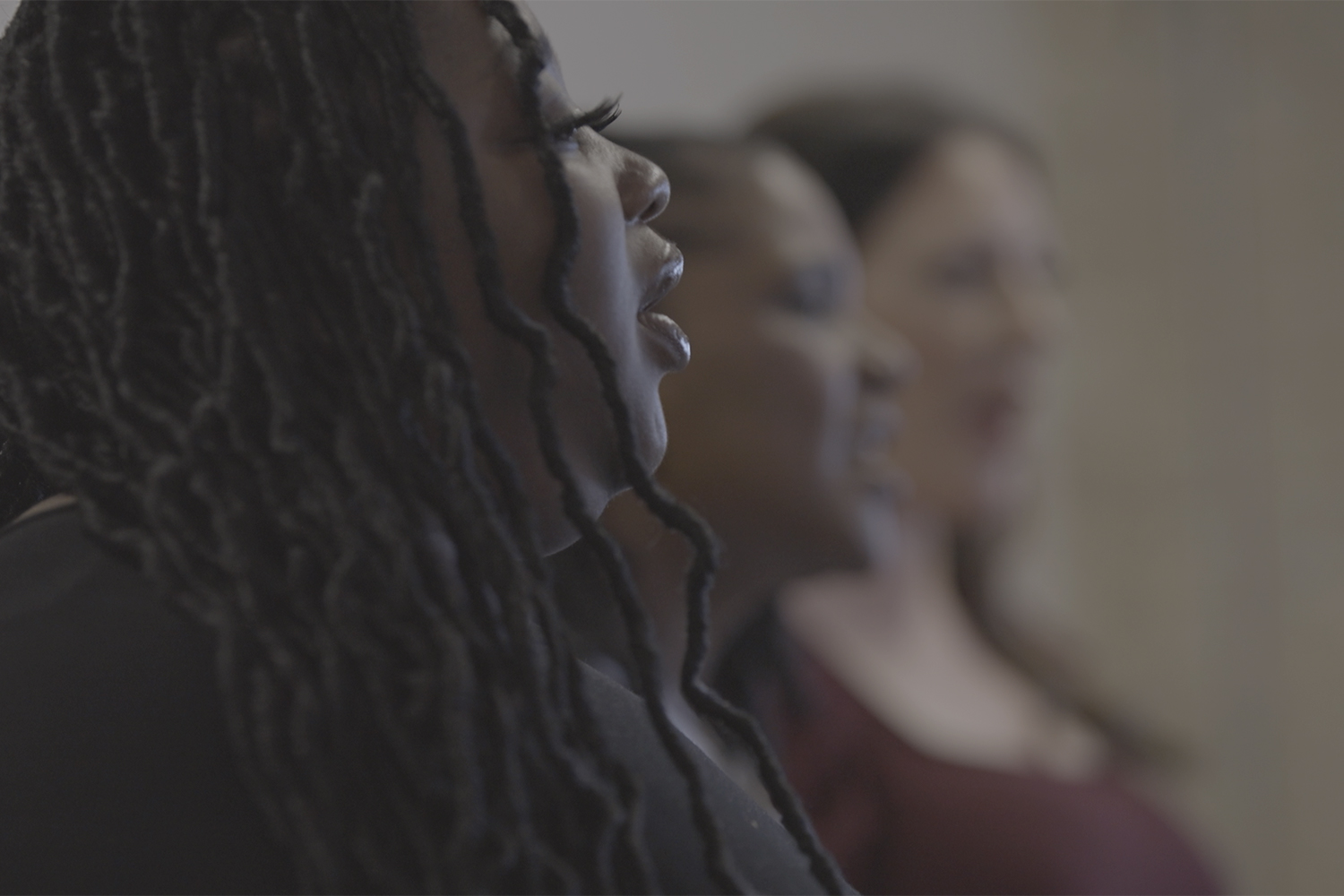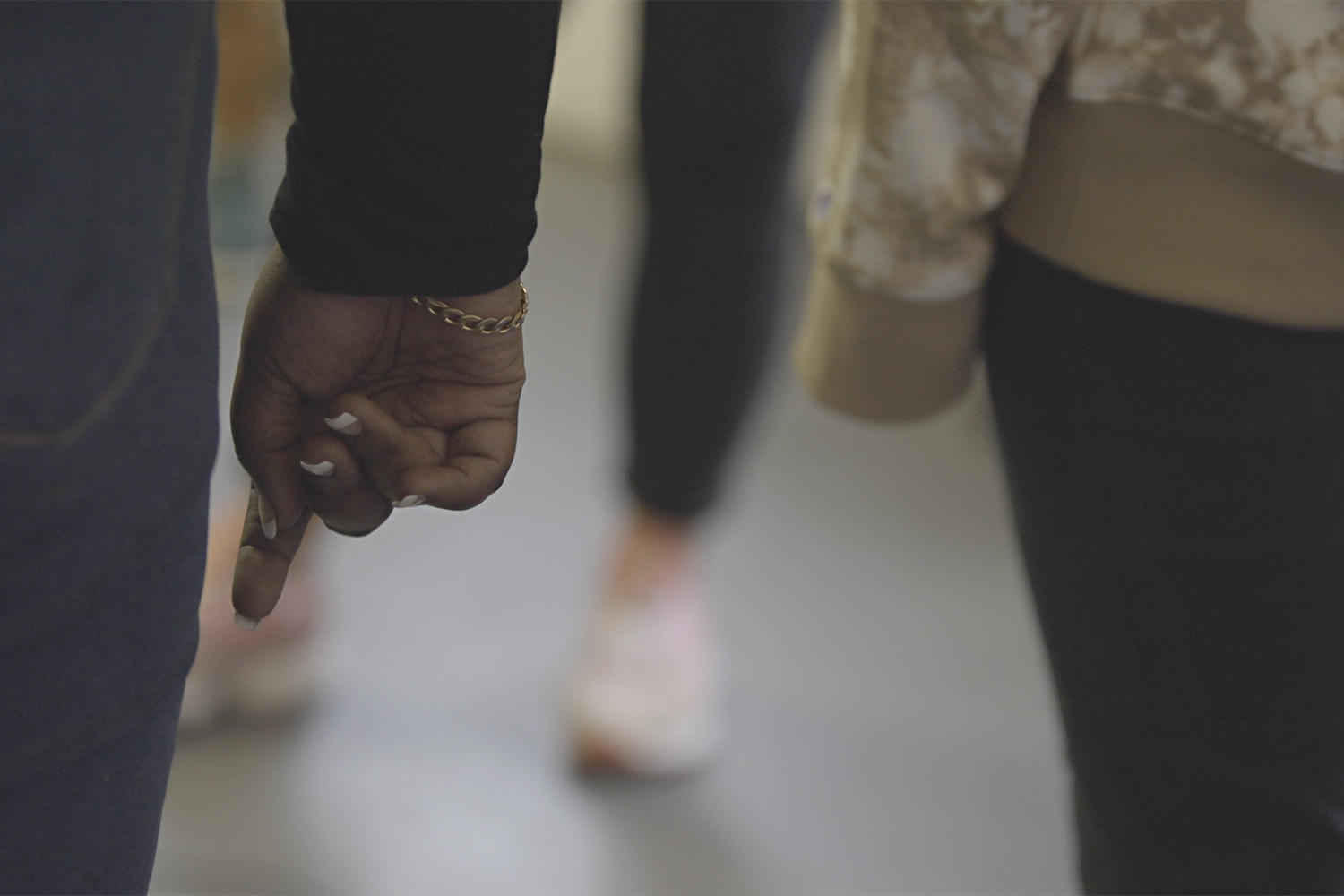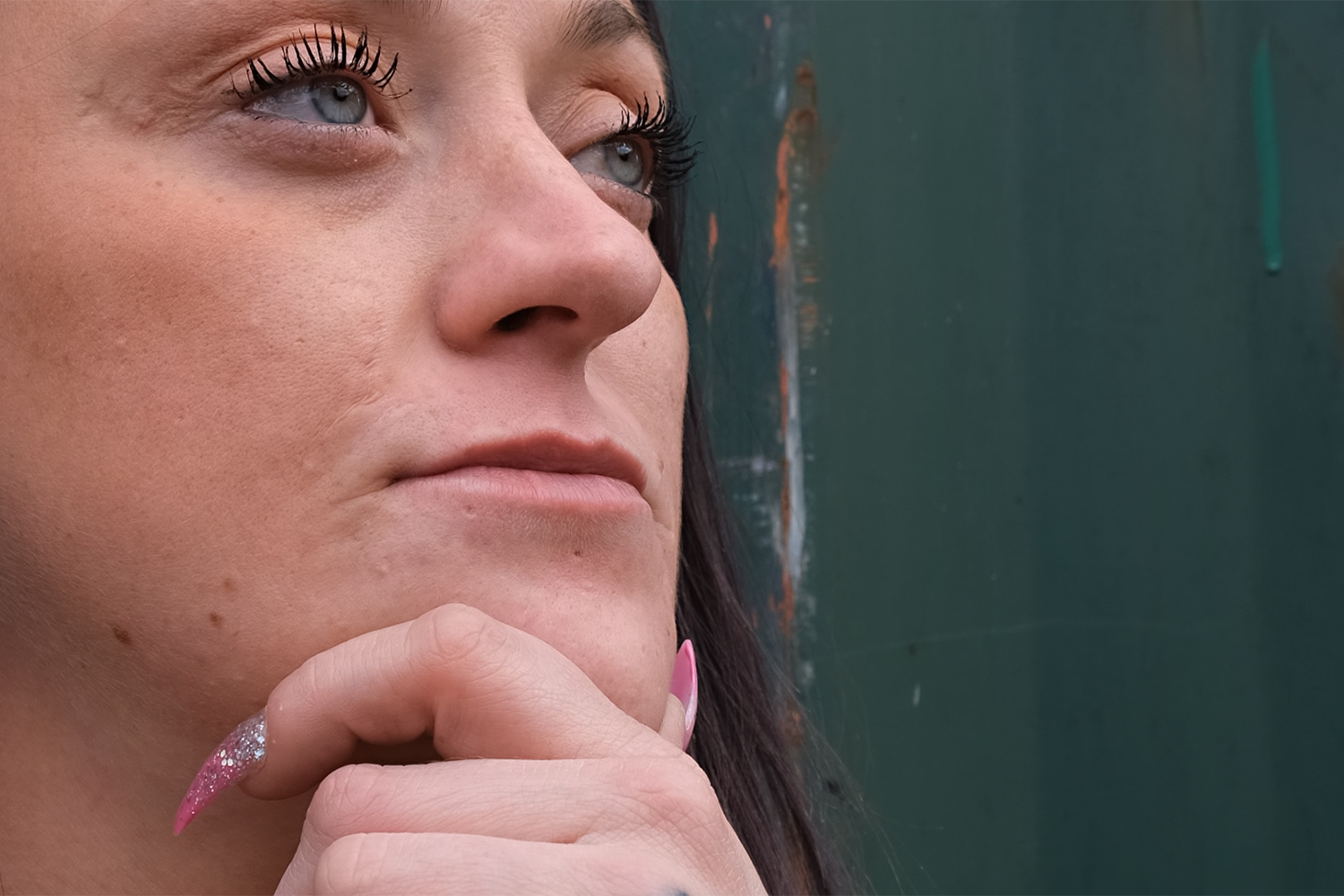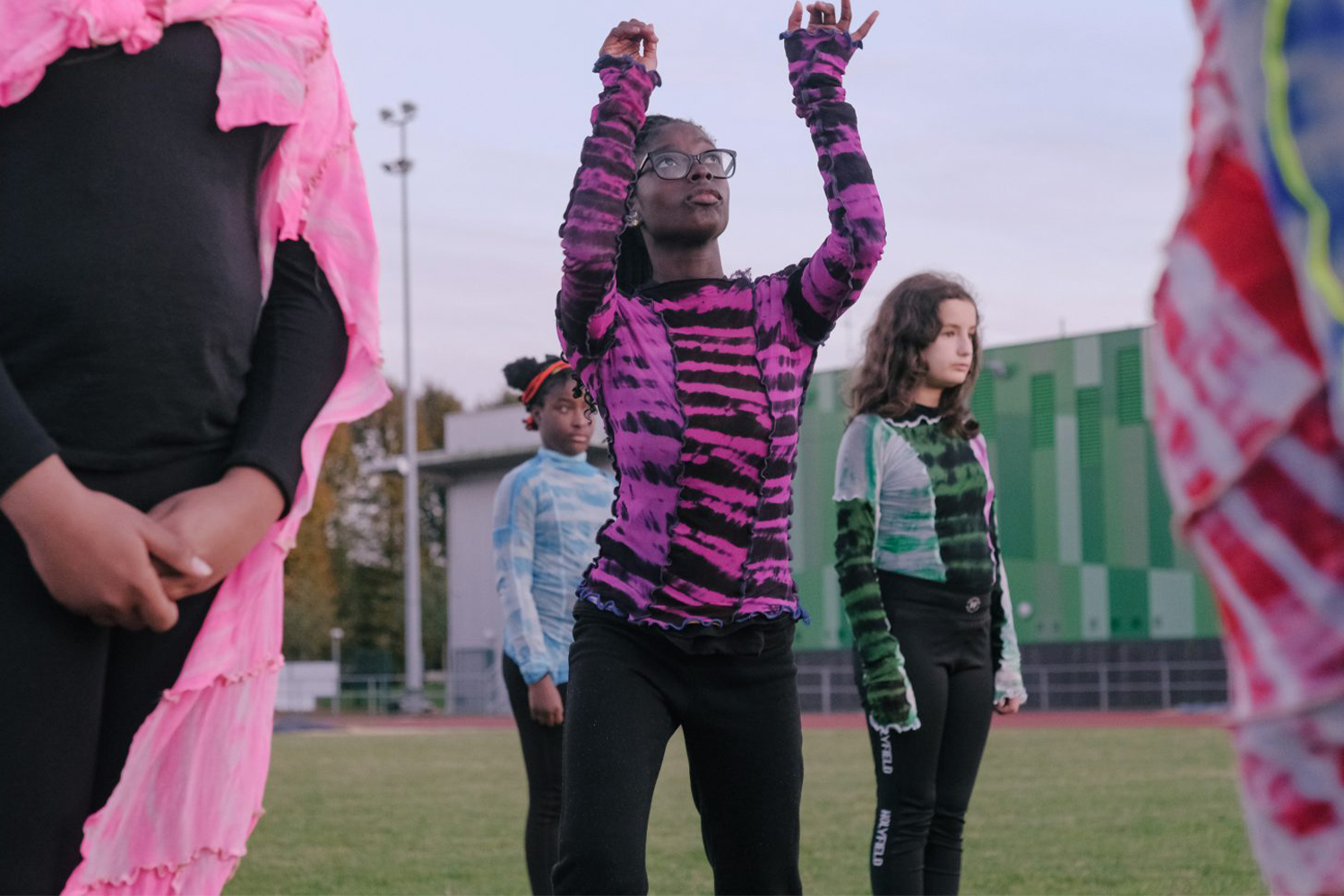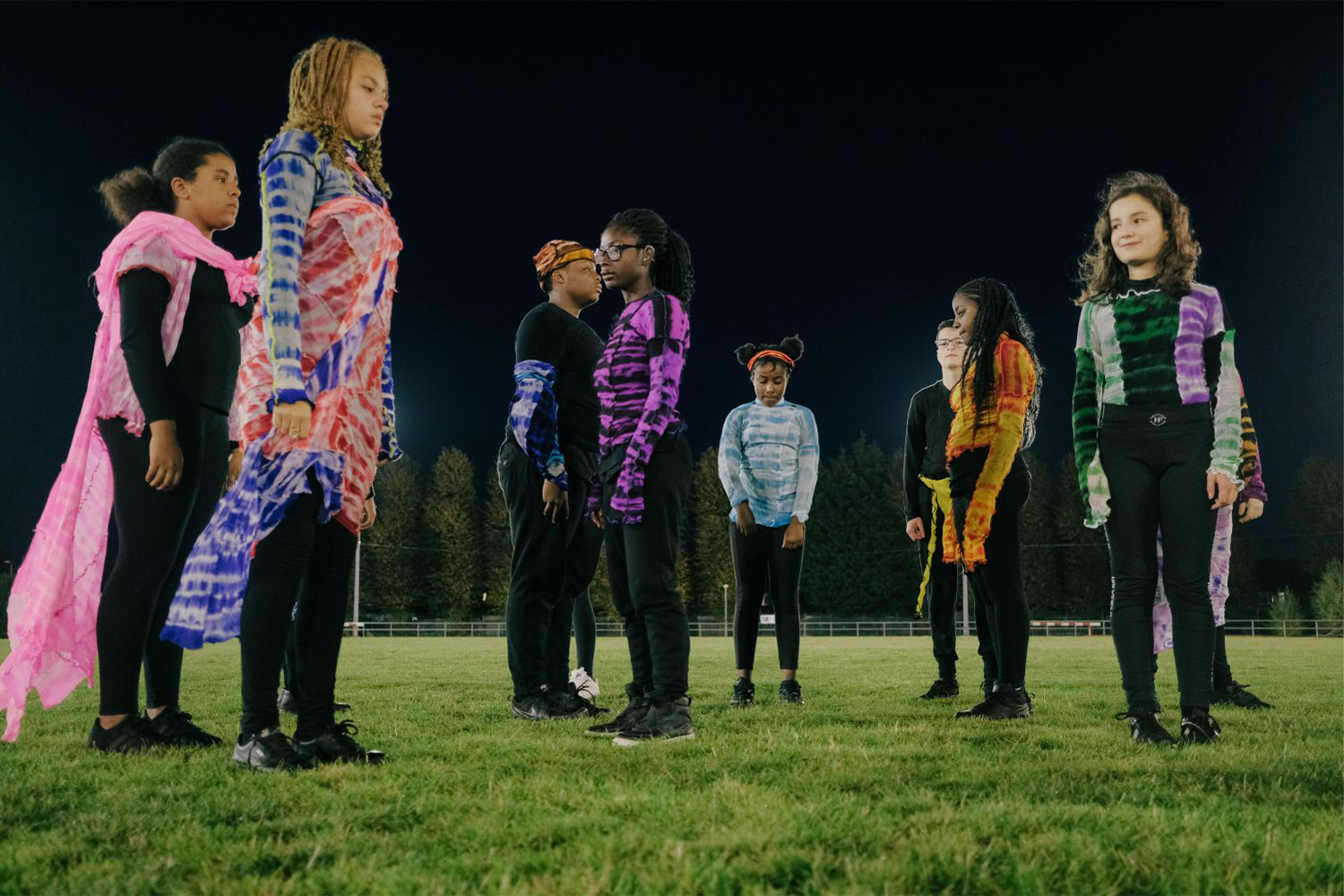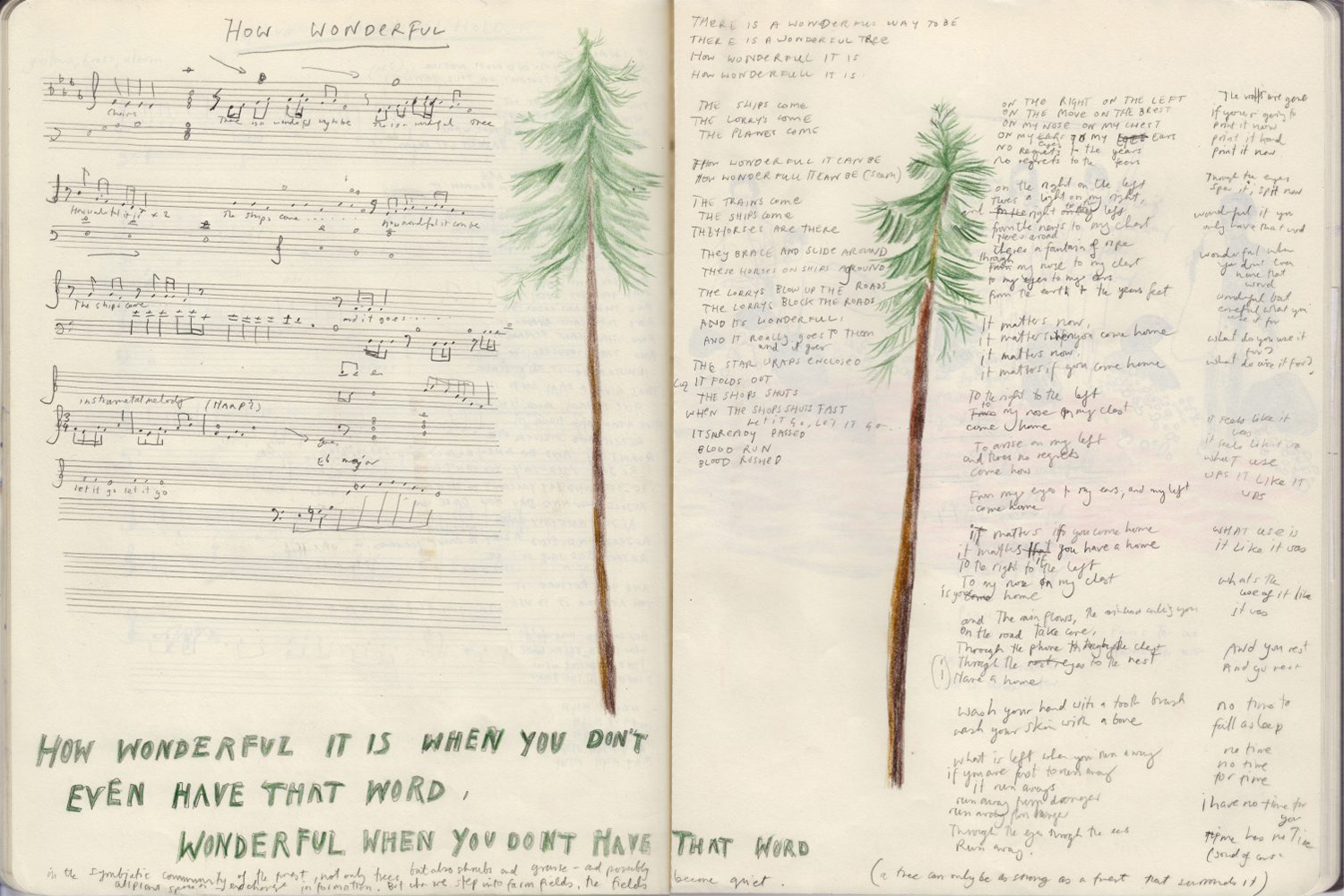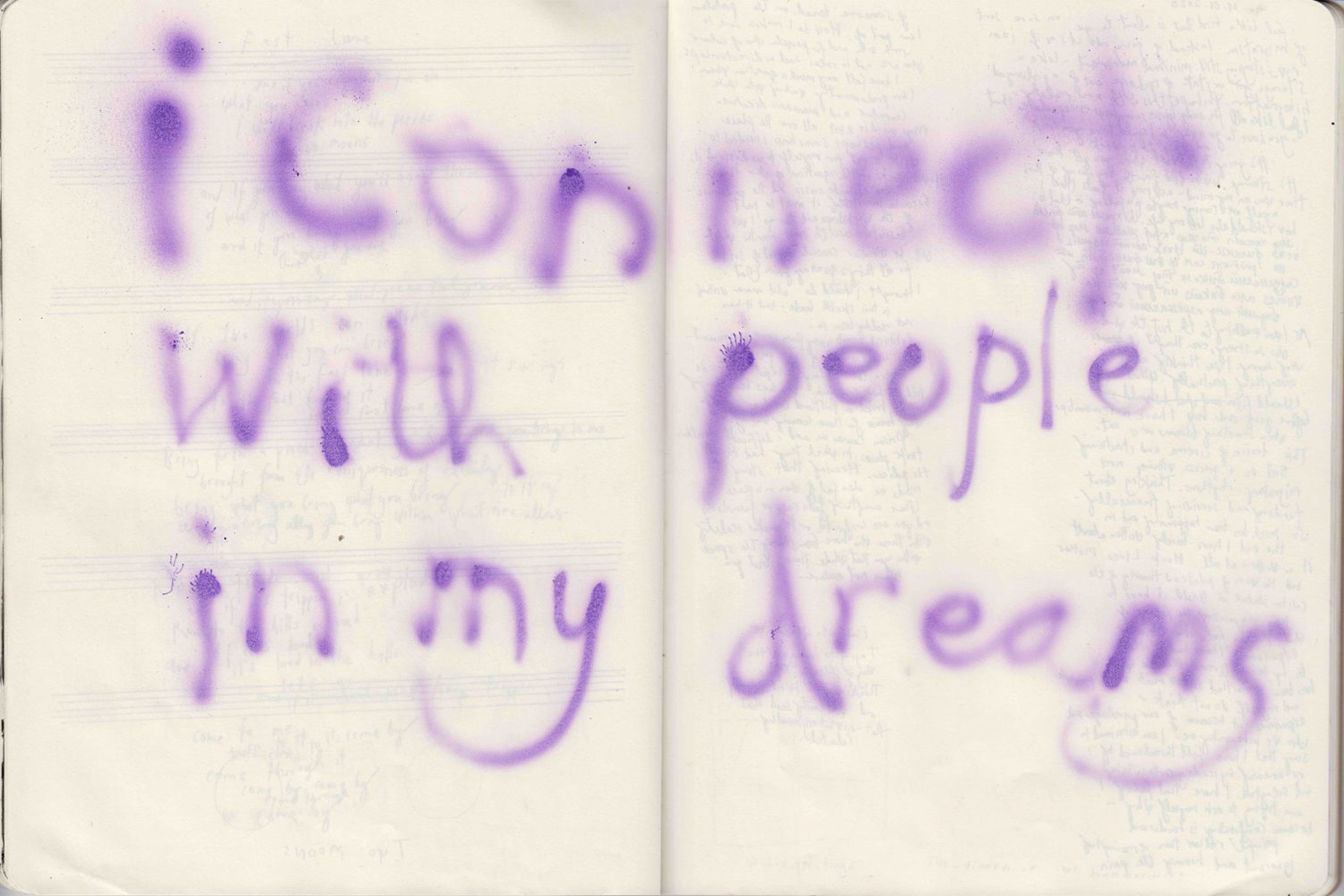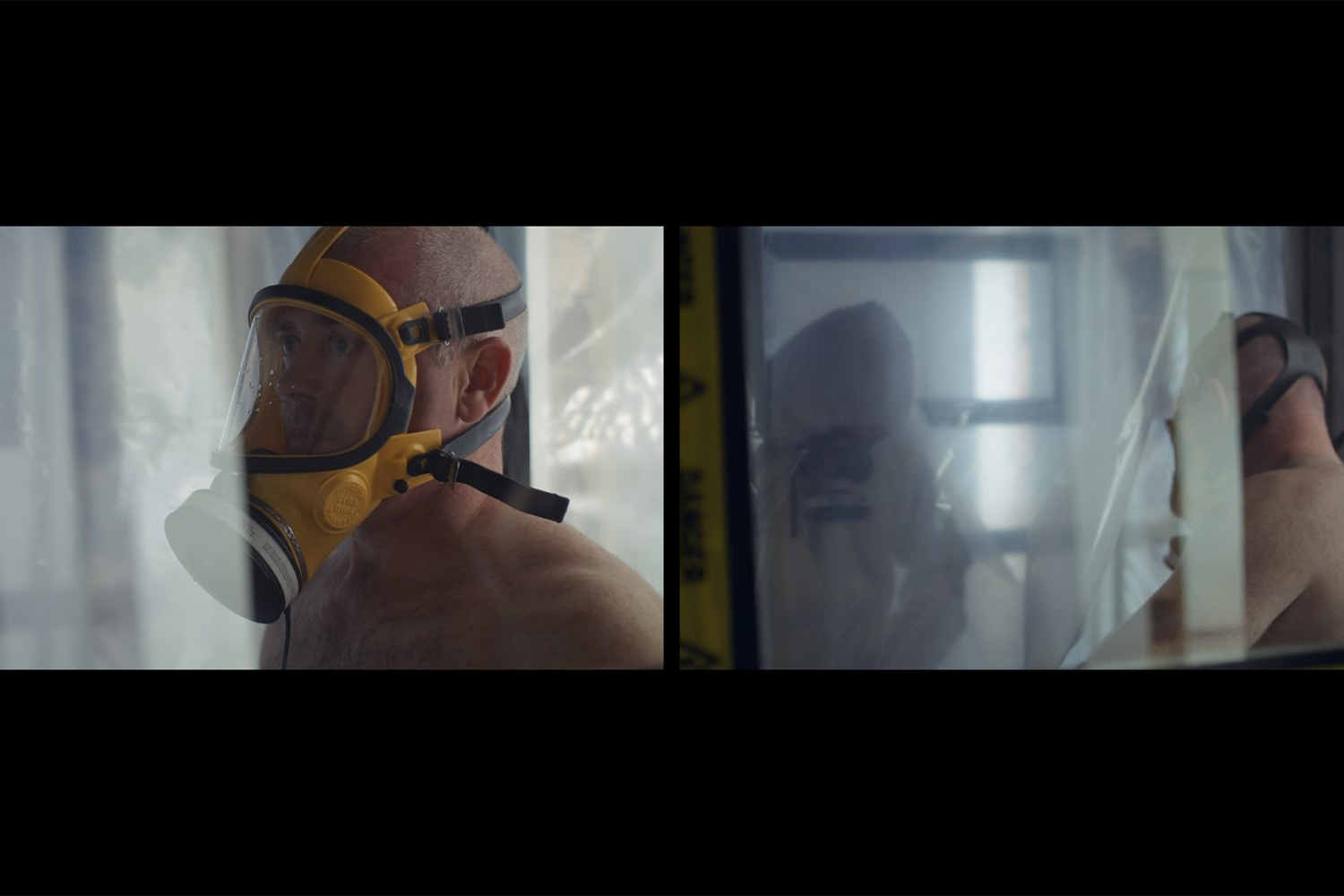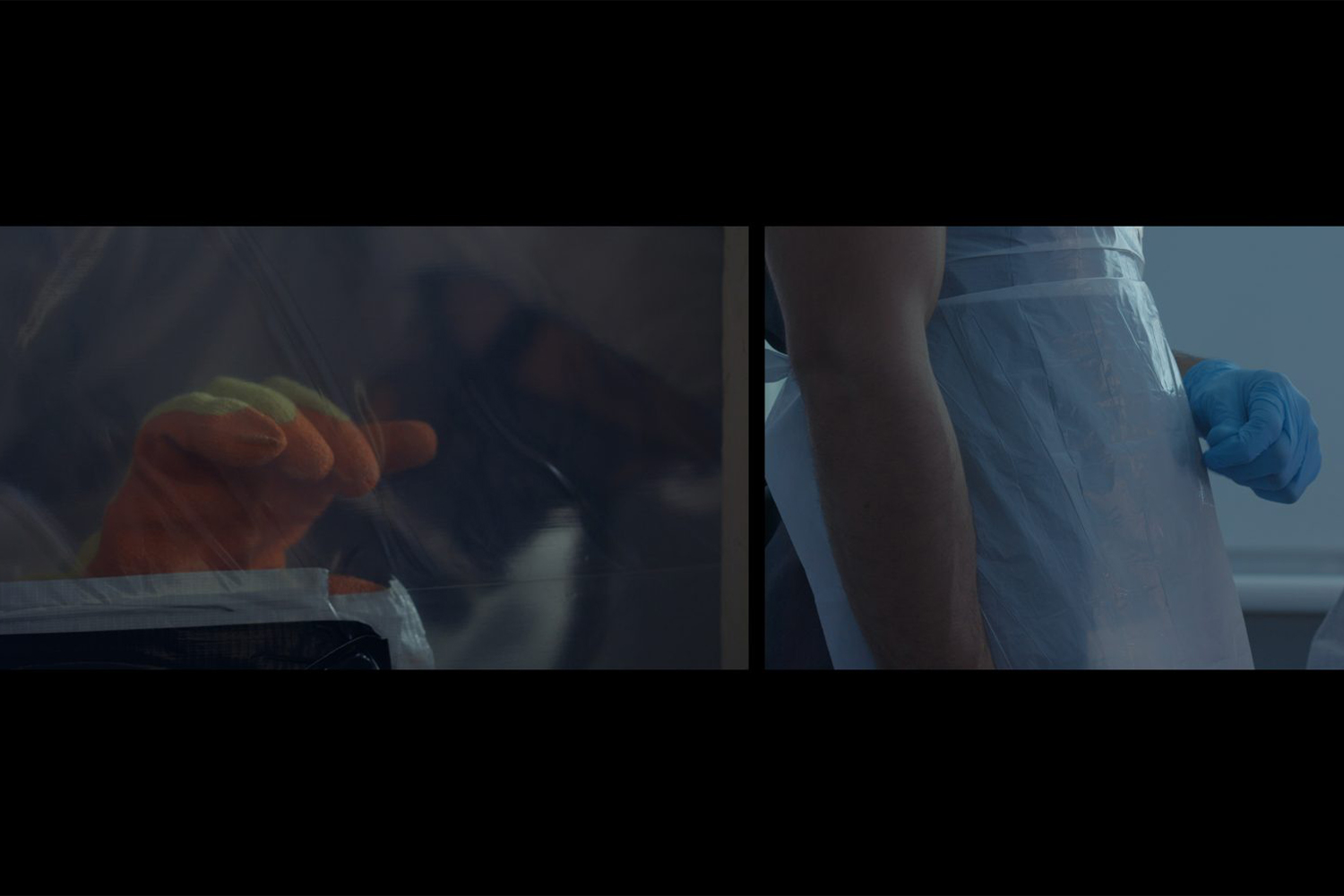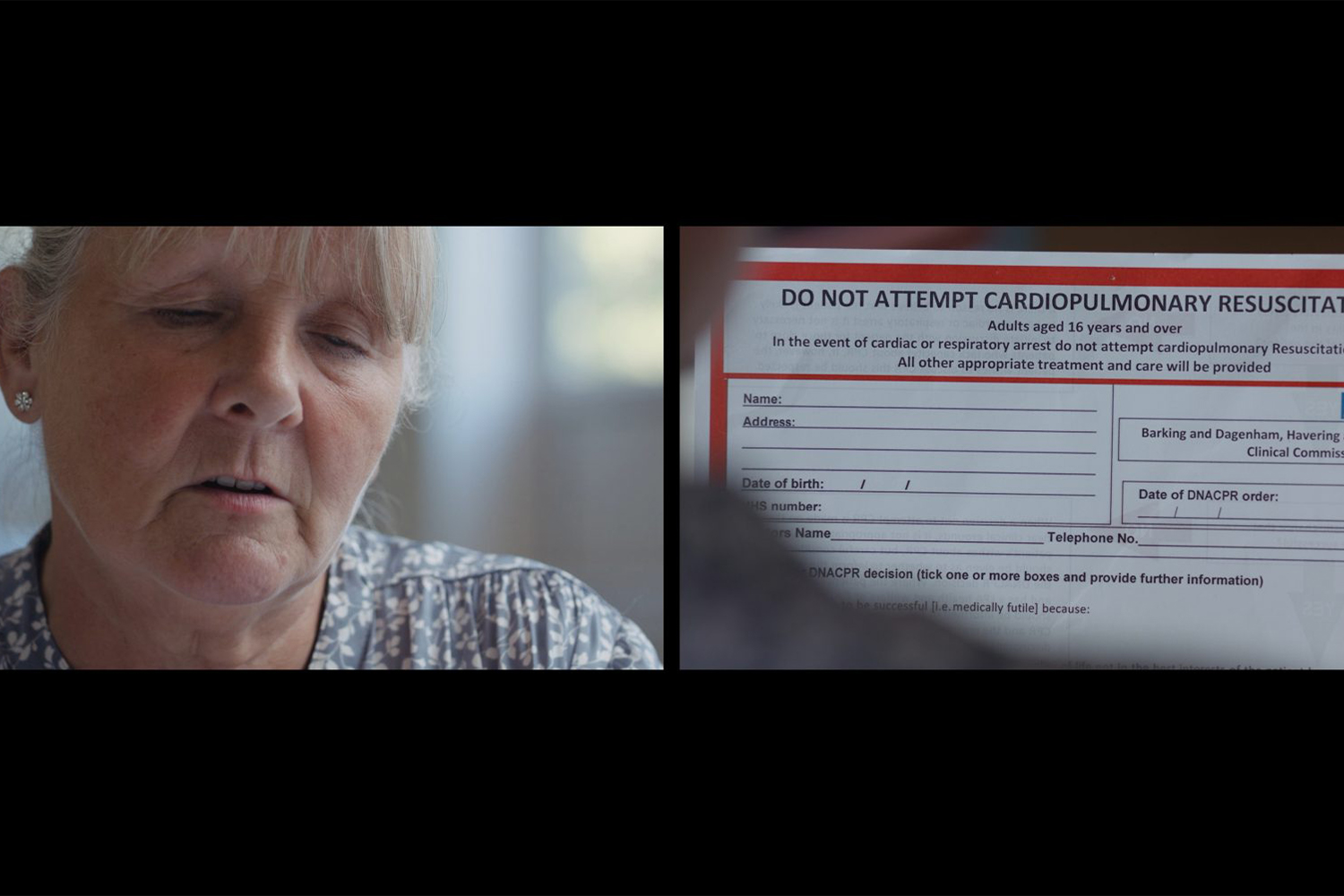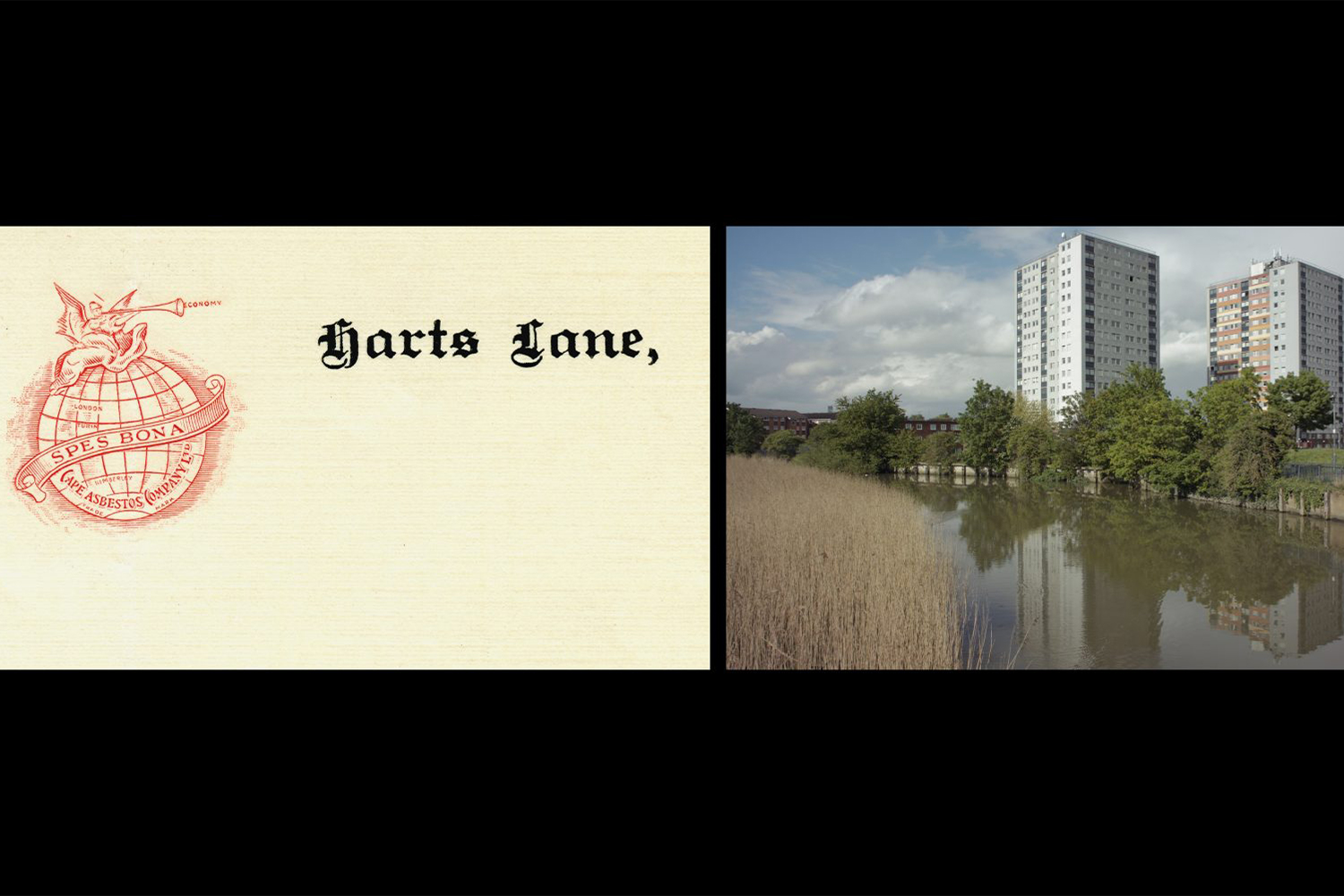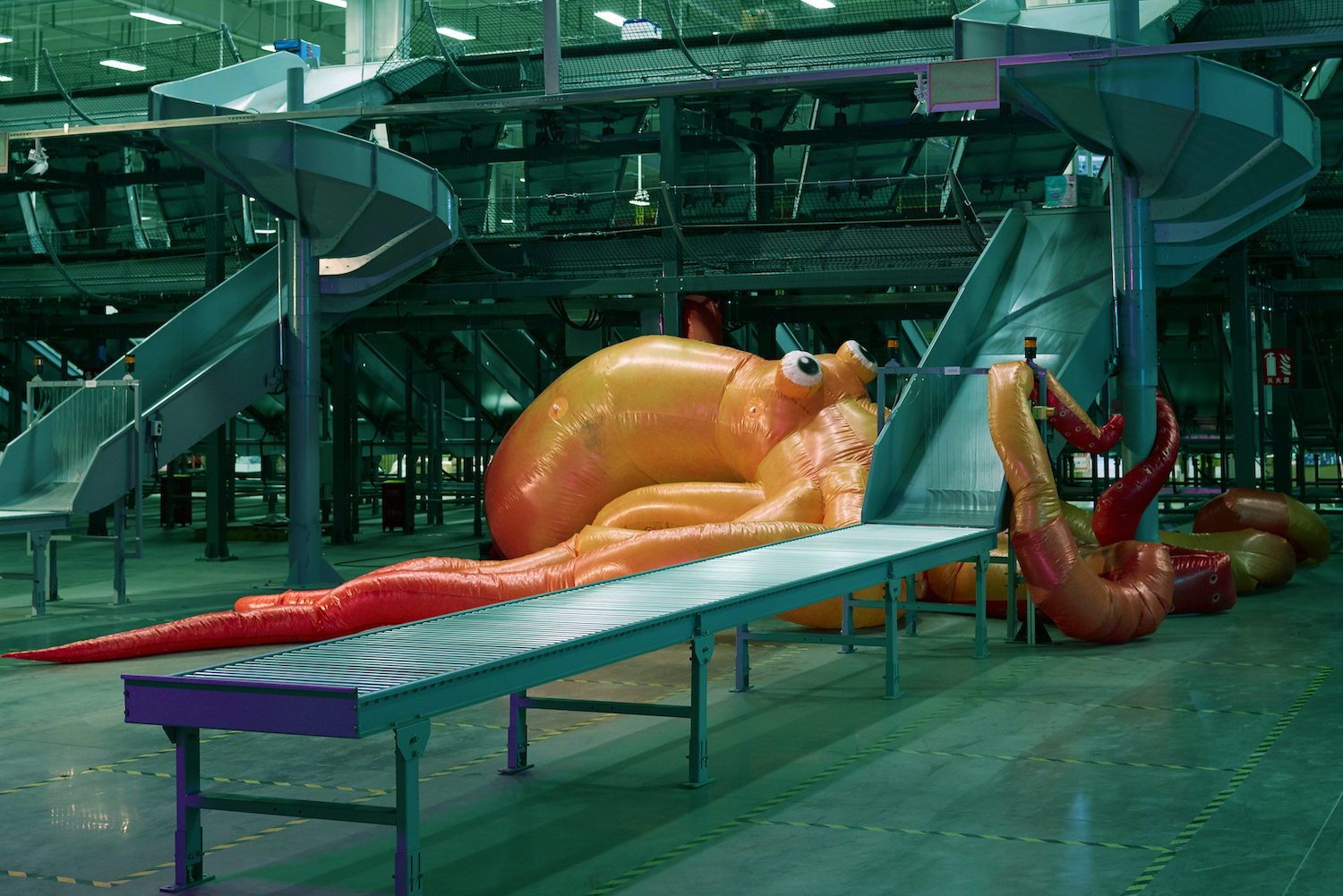Serpentine and the London Borough of Barking and Dagenham are partnering to present “Radio Ballads”, an exhibition showcasing a ground-breaking project that has embedded artists within core social care services and community settings across the borough. Over the last three years, four artists, Helen Cammock (Turner Prize winner 2019), Rory Pilgrim (Prix de Rome 2020), Ilona Sagar (Stanley Picker Fellow 2021, Saastamoinen Foundation 2022) and Sonia Boyce (representing the UK at the Venice Biennale in 2022) have worked with social workers, carers, organisers and communities to produce four new films and bodies of research, facilitated through the council’s New Town Culture programme. The pioneering, collaborative artworks share stories about labour and care, exploring who cares for who, and in what way. “Radio Ballads” builds on legacies of projects like the Artist Placement Group. Each artist will present a major new film resulting from their work, and the commissions will be shown alongside paintings, drawings and contextual materials.
Developed and sustained throughout a period of multiple global crises, amid the compounding issues of austerity, systemic racism, ableism and the pandemic, the projects shed light on innumerable ways in which those who do the work of care are often unsupported and devalued. The exhibition centers the voices of those receiving and giving care in both formal and informal settings, sharing complex and intimate stories of living and working in the care sector today. “Radio Ballads” builds on Serpentine’s ongoing critical investigation of the role of artists in politics and civic life and is part of the London Borough of Barking and Dagenham New Town Culture programme. New Town Culture explores how artistic processes can reframe the work of social care and how embedding artists in local authority services can support systemic change.
“Radio Ballads” takes its name from a revolutionary series of eight radio plays that were broadcast on the BBC from 1957-64. Focusing on workers’ experiences and issues through a combination of song, music, sound effect and the voices of workers and communities, each Ballad presented lived experiences and stories of work and resistance in the UK at a time of rapid growth and change.
The exhibition is an ode to this project, positioned as songs for the 21st century which amplify voices and largely unheard experiences of domestic abuse, mental health, terminal illness, isolation, austerity and end-of-life care. “Radio Ballads” raises questions such as: “how can artistic processes support systemic change?”, “what resources do we need in moments of change and challenge?” and “what keeps us connected?”.
Sonia Boyce’s Yes I Hear You is underpinned by a series of interviews that trace experiences of domestic abuse and recorded through a partnership with Barking and Dagenham’s Domestic Abuse commission which was set up in response to the Borough having the highest reported rates of domestic abuse in the UK. The work carefully reflects on complex issues including relationship dynamics, trauma, accountability and systems that perpetrate harm.
Helen Cammock’s project, Bass Notes and SiteLines: The Voice as a Site of Resistance. The Body as a Site of Resistance, explores individual and collective power, asking viewers to consider where we sit within the social and political spaces we inhabit. It is a conversation between social care staff and an organisation called Pause, who work holistically with those affected by the social care system and the removal of children, to consider how we use our voice and bodies to find resistance and resilience to navigate our lives.
RAFTS by Rory Pilgrim takes inspiration from a raft as a preserver of life whilst also being the most fragile vehicle of survival at sea or upon open water, Pilgrim’s commission explores connections between work, mental health, home and care in a time of crises, particularly the climate crisis, and the ongoing recovery needed. With the climate crisis threatening increased displacement, homelessness and our support structures, the project explores ideas around interdependence and what keeps us afloat with collaborators from Green Shoes Arts, Barking and Dagenham Youth Dance, and Project Wellbeing in Idaho.
The Body Blow is a project by Ilona Sagar, which explores the difficult, and until recently untold, legacy of asbestos that is central to the history of work in the area. Those who suffer from asbestos exposure are stuck between layers of legal and bureaucratic paperwork. Work Capability Assessments, litigation and statistical scientific measurements have become controls by which the individual can be mediated, chained to notions of usefulness, framed by economic and domestic labour. Working with London Asbestos Support Awareness Group, campaigners, social workers, end of life carers, lawyers, and those with lived experience of asbestos related health conditions, the work focuses on ideas around risk, care, and the body and the relationship between them.

